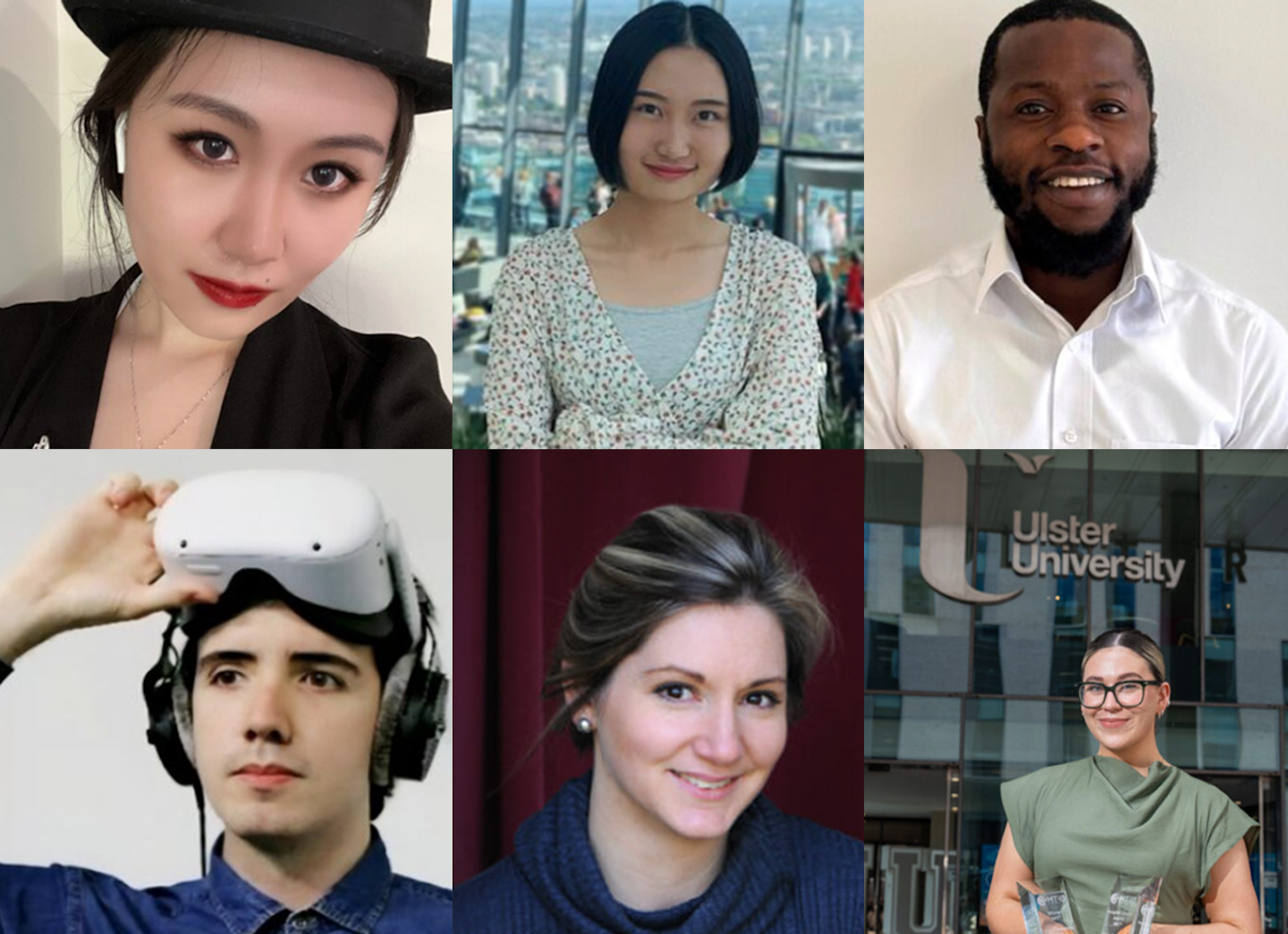
You have three minutes to present your big research idea which will be viewed by thousands of people. Go! That is the challenge put to doctoral researchers in the 2025 Vitae Three Minute Thesis competition, sponsored by The Conversation. The candidates must present a compelling spoken presentation on their research topic to non-experts in those three minutes. The competition is fierce, and this year is no exception.
Research doesn’t exist in a vacuum, and we all benefit from more open knowledge and understanding. The Conversation and the Vitae Three Minute Thesis (3MT®) competition aim to provide engaging, exciting and accessible insights into academic research, and to inspire new thinking.
There are three prizes up for grabs: the Judges Choice, selected by a panel of judges; the Editor’s Choice, selected by The Conversation; and the People’s Choice – chosen by you.
Six finalists will by vying for your vote and the online final will be broadcast on Wednesday 1 October at 12 noon (GMT+1). Register to watch and vote for your favourite. All winners will be be announced on Friday October 3.
The six finalists are:
Miranda Qianyu Wang, Durham University. Miranda’s research examines the legal and ethical implications of neuroscientific evidence within the criminal justice system. By exploring the intersection of law, neuroscience, and criminal behaviour, she provides insightful comparative analyses on how justice systems might better integrate neuroscientific findings.
Abubakar Yunusa, Robert Gordon University. Abubakar specialises in hydrogen injection and mixing optimisation in natural gas pipelines. His research supports safer and more efficient transitions to low-carbon energy systems. Abubakar bridges technical expertise with real-world challenges in the energy transition.
Caitlin Campbell, Ulster University. Caitlin is an optometrist and PhD researcher who is passionate about preventing avoidable vision loss and supporting those with visual impairment. Through the development of a new vision test, her work aims to enable earlier detection of glaucoma-related vision loss, the leading cause of permanent blindness worldwide, and to accelerate access to treatment.
Yuxuan Wu, University of Birmingham. Yuxuan has a general interest in the intersection of new technologies and work and employment. Her research focuses on artificial intelligence (AI) and the future of work.
Vic Pickup, University of Reading. Vic is the author of three poetry books and a long-time lover of romance novels. She is currently working in the Mills & Boon archives held in the university’s special collections.
Cesar Portillo, University of West London. Cesar is a sound engineer and PhD candidate specialising in immersive audio and accessibility for visually impaired audiences. His research investigates how spatial sound and haptic feedback can transform virtual environments into inclusive narrative spaces.
The six above have already battled it out to win the 3MT® competition within their own institution, and have progressed through the national semi-finals. Who will get your vote?
Rachel Eastwood Cox, director of business operations at CRAC/Vitae, said: “The Three Minute Thesis (3MT®), launched in 2008 by the University of Queensland, Australia, dares doctoral candidates to do the impossible: explain years of complex research in a clear, captivating, and concise three-minute spoken presentation.
"Since 2014, Vitae has proudly hosted the UK’s national 3MT® competition, supporting Vitae member institutions in fostering a culture of effective research communication and public engagement.
"3MT® presentations have reached tens of thousands of viewers on YouTube, making cutting-edge research accessible and engaging to the wider public. It’s become a powerful way to spark curiosity and inspire the next generation of researchers.
To find out more about the finalists, the semi-finalists and the competition click here.
Vitae and its membership programme are managed by the Careers Research and Advisory Centre (CRAC) Limited, an independent registered charity.
![]()


 The Conversation
The Conversation
 CBS Boston
CBS Boston The Gazette
The Gazette SaportaReport
SaportaReport Watertown News
Watertown News WBTV Mecklenburg County
WBTV Mecklenburg County ABC 7 Chicago Politics
ABC 7 Chicago Politics NBC News
NBC News AlterNet
AlterNet